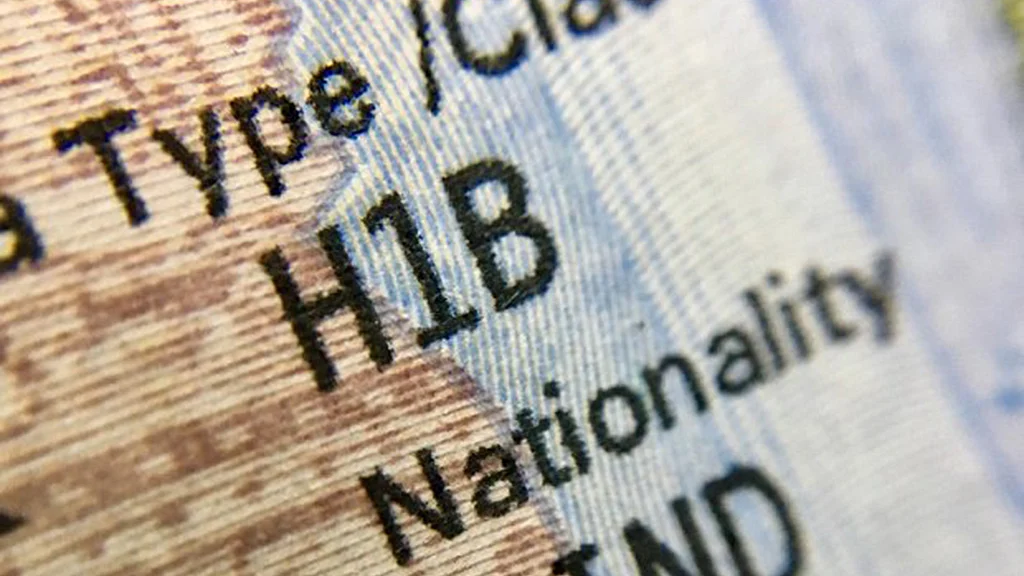India should halt defence purchases from the US to counter Trump’s H1-B visa stand
The US Department of Homeland Security’s plan to curb H-1B visa extensions could cause serious problems if the workers have to come back home, especially because the Indian IT sector is not doing well

At a time when Satya Nadella heads Microsoft and Sundar Pichai heads Google, about five lakh Indians employed in the technology sector may be headed back home. It is irony magnified, considering the US first lady too is an immigrant and got her green card in 2001, after a five-year wait.
Union External Affairs Minister Sushma Swaraj had ‘strongly’ taken up the issue with the US in September 2017 but that did not matter much. NASSCOM has spent about a crore in hiring lobbyists but that did not help either, perhaps they should spend a little more time talking to the government. Techies in the United States, meanwhile, could tag Swaraj on Twitter, just in case she has missed the news.
The threat is real, and it could cause serious problems. “The idea is to create a sort of ‘self- deportation’ of hundreds of thousands of Indian tech workers in the United States to open up those jobs for Americans,” a US source briefed by Homeland Security officials was quoted as saying, said The Indian Express. Essentially, new H1B visas would be difficult to get and those waiting for their Green Card may have to come back home.
Forget the economics, this issue could cause serious problems for the Indian IT and ITES industry, already under disrupted by automation and AI. The government needs to go beyond niceties and do some serious diplomatic muscle flexing and fight for the future of our young women and men who will face serious problems if they have to come back home. As an option, the government should halt defence purchases from the USA, to build serious pressure.
The move is going to hurt the Indian IT sector and the Indian economy at large. A large part of the IT business in the country comes from foreign operations. A change in the rules could not only send Indian techies back home, it would also impact the profit margins of Indian IT companies like Tata Consultancy Services, Cognizant Technology Solutions and Infosys who get a large share of the H1B visas.
The indirect impact would be felt in the broader economy. Total remittances to India are in the range of US $ 65-68 billion per annum and around US$ 10 billion comes from the United States, a lot of this money is coming from H1B visa holders. With a slow down in the oil economies in the middle east, remittances saw a five percent decline in 2016 and the American situation could make matters worse. While some of these may be absorbed in domestic IT firms, it would mean a shakeout for the Indian IT sector employees working at home.
And the Indian IT sector is not doing well. There are about 39-40 lakh people who are employed in the IT sector and about six lakh are expected to lose their jobs over the next three years. With H1B now reducing margins and bringing home another five lakh professionals, the industry is headed for serious trouble. The economic and human impact of this could be devastating.
The crisis has been brewing ever since Trump took office about a year ago, but Indian diplomatic corps have not been able make a significant intervention on the issue. Union External Affairs Minister Sushma Swaraj’s meeting with US Secretary of State Rex Tillerson in September 2017 did not help in making any impact.
Media reports indicated that the H1B issue did not even come up for discussion when Prime Minister Narendra Modi met US President Donald Trump in June 2017. Sushma Swaraj later clarified that the ‘spirit’ of H1B came up for discussion between the two leaders (though she did not clarify if it was before or after the hugs) as the US President acknowledged the contribution of Indian techies.
“Without using the word H1B, there was extensive discussion” on the “spirit” behind such visas. “I take pride is saying that Prime Minister Narendra Modi successfully convinced Trump to admit that Indian skilled professionals have a big contribution in strengthening the US economy,” the Foreign Minister told the Rajya Sabha, in presence of the Prime Minister.
While the United States is free to shape their policies, it is the responsibility of the government to protect Indian interests. And Indian interests are best served if more get opportunities to work and grow all over the world. The BJP government does not want a confrontation with the United States on this issue and is too scared to even take it up with them.
President Trump can have his ‘Buy American, Hire American’ policy but that should not stop us from not buying American. Spicejet placed a $ 22 billion order with Boeing which would help create 1.32 lakh high paid jobs inside the United States. India is seeking to buy Avenger predator drones at an estimated cost of USD 8 billion and holds between 10-15% of global arms and the largest arms buyer from the United States.
International cooperation is a two-way street and hugs are just optics, not diplomacy. It’s time to flex a few muscles. But will they?
Follow us on: Facebook, Twitter, Google News, Instagram
Join our official telegram channel (@nationalherald) and stay updated with the latest headlines
